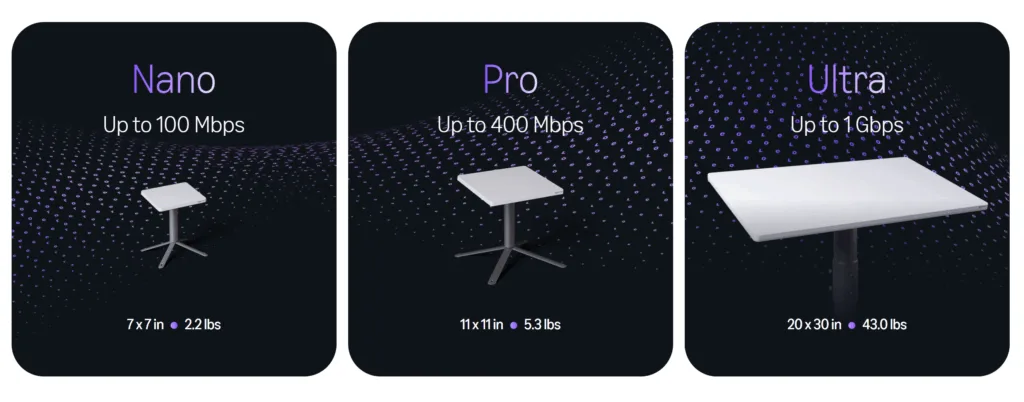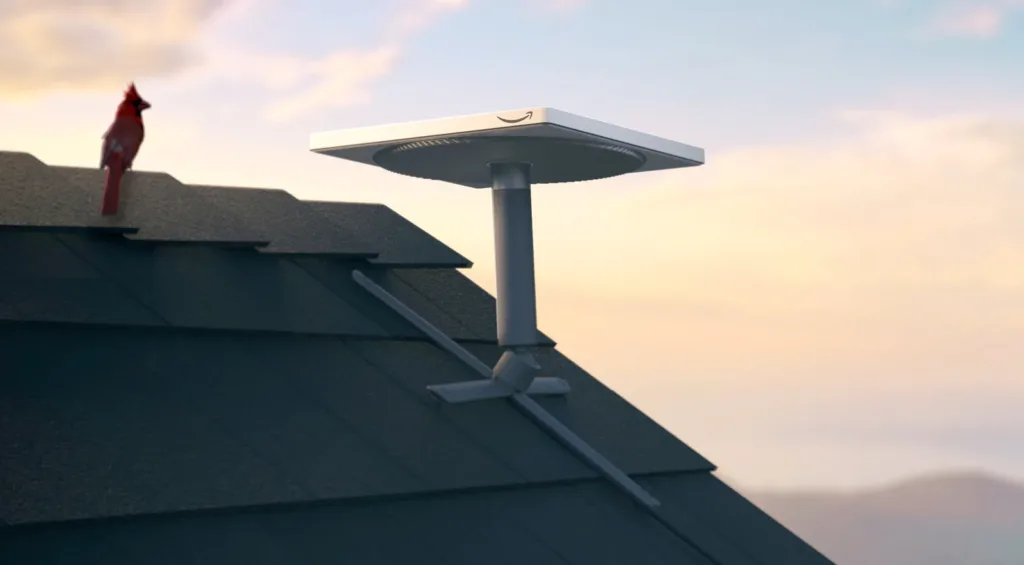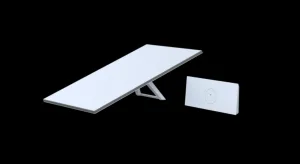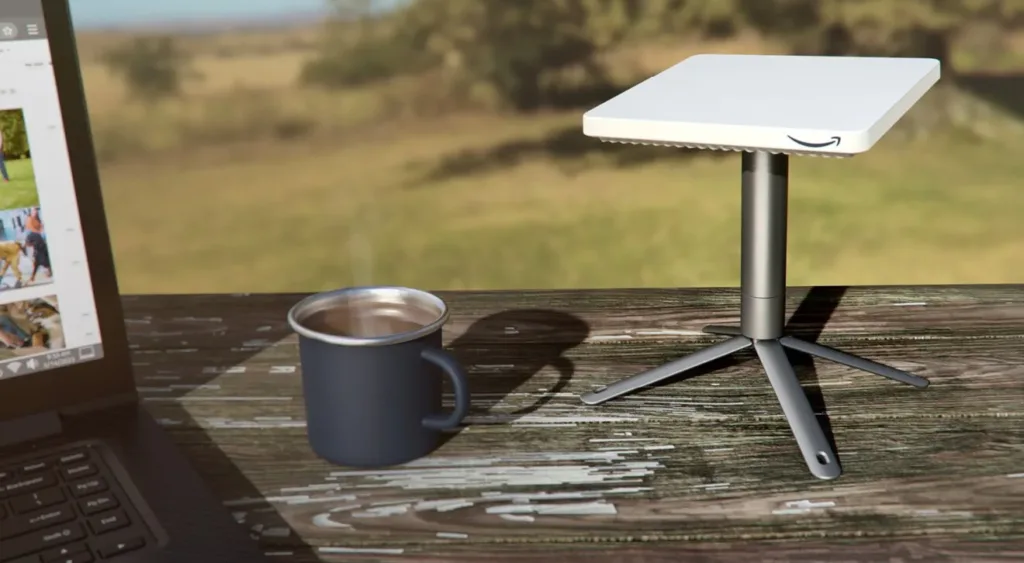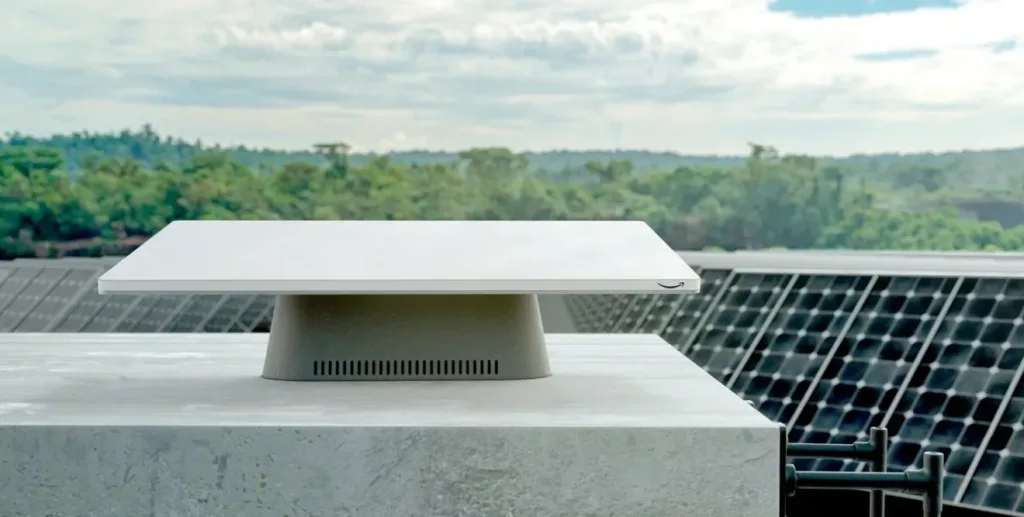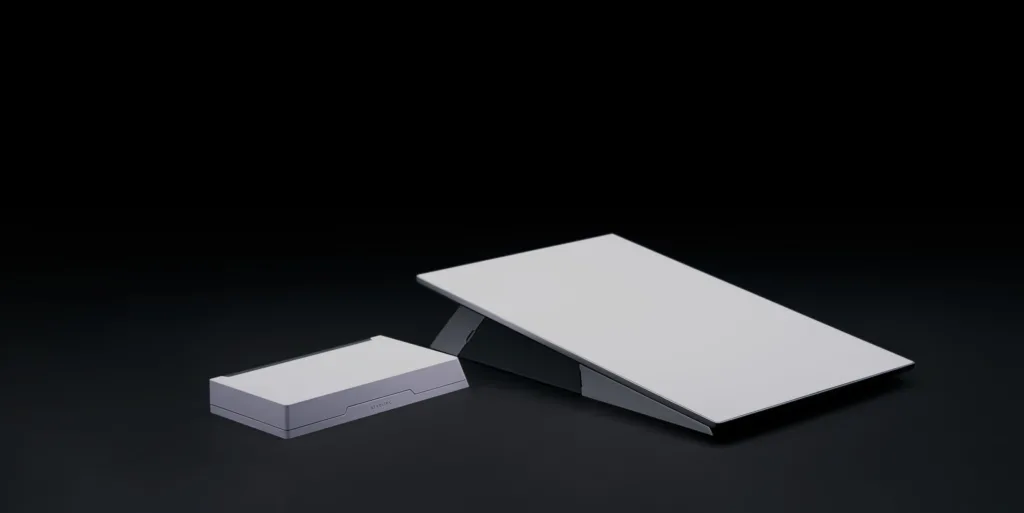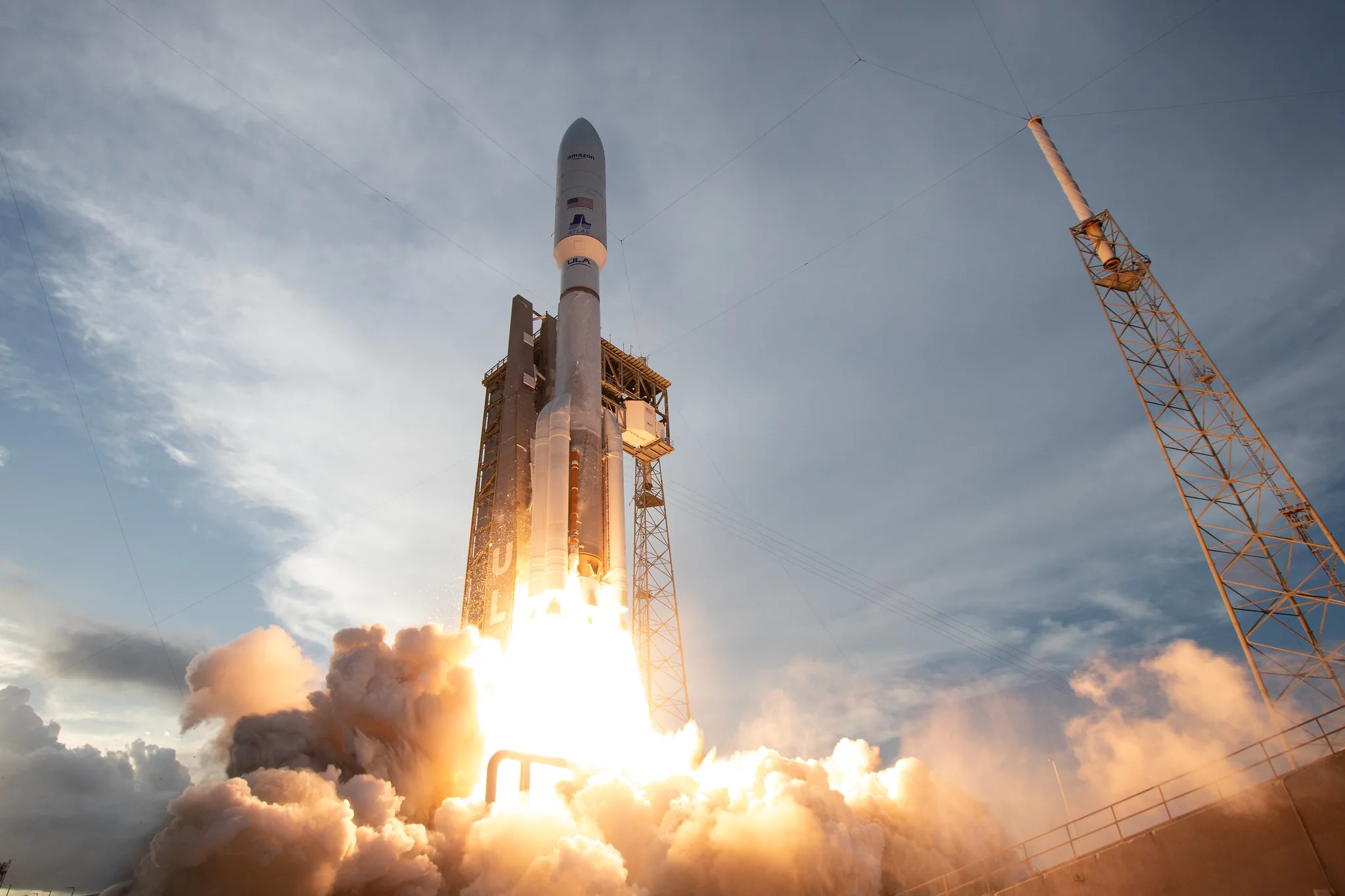Amazon has joined the race to close the digital divide with a new satellite internet service, Amazon Leo, formerly known as Project Kuiper. Amazon says Leo's mission is to provide internet connectivity to underserved rural communities. It will take on SpaceX's already established Starlink service, which is popular among rural customers.
More competition is usually a good thing for customers, especially when it comes to satellite internet, which has only three primary providers in the U.S.—Hughesnet, Starlink, and Viasat. Amazon Leo still has a ways to go before it’s ready to compete. Still, after several years of development and preparation, it’s finally gaining momentum with the launch of its first batch of satellites.
Amazon Leo shares many similarities with Starlink, but it aims to differentiate itself through its advanced technology and competitive pricing.


